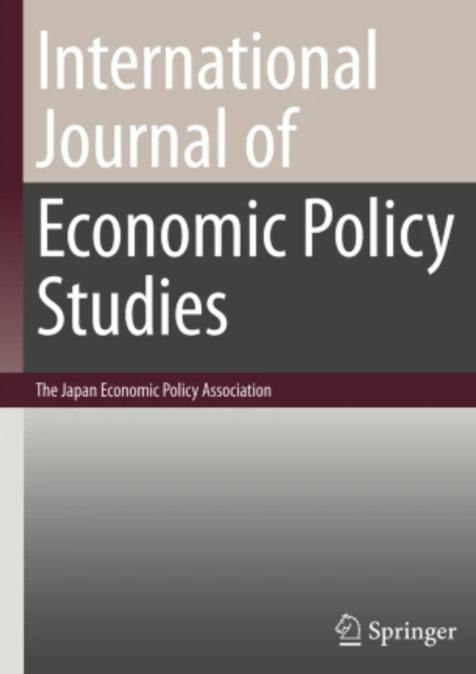Publications /
Paper in Academic Journals
This paper was originally published on springer.com
Wage subsidy policies’ impact on access to the first job is crucial for workers; however, their influence on job quality holds greater significance for society as a whole. This paper evaluates the impact of the “IDMAJ” wage subsidy program on job quality, extending beyond the traditional focus solely on job placement. Utilizing the complete database from the IDMAJ program survey conducted by the Ministry of Employment, this study employs the propensity score matching model. The findings reveal a notably positive impact on the employment rate of beneficiaries, with a 10.3% increase compared to non-beneficiaries. Specifically, employed beneficiaries show increased weekly working hours of more than 6 h, improved working conditions, and a noteworthy enhancement in practical knowledge. This study addresses three key gaps in the research on wage subsidy programs. First, it provides a novel examination of the IDMAJ program’s impact on job quality, evaluating factors such as working hours, social security access, life skills enhancement, and practical knowledge, thus going beyond mere job placement. Second, it utilizes the complete IDMAJ program database, whereas previous studies have relied on limited samples. Finally, it offers practical insights for Moroccan policymakers on how the program affects employment conditions, aiming to enhance the effectiveness of future wage subsidy initiatives.







